Save our oceans!
Get set to discover our wonderful watery world…
Did you know, gang, our oceans hold almost ALL the water on Earth and are responsible for most of the air (oxygen) that we breathe? These amazing underwater habitats are packed with incredible wildlife and play an important role in the wellbeing of our planet. Discover more and how YOU can save the ocean!
IMAGINE YOU’RE ON A BEACH!
Play wave sounds on YouTube, or ask Alexa or Google Nest to play some if you have a device like that at home. Then close your eyes and imagine you’re walking along a beach. Describe where you are, what you can see, feel, hear and smell. Let your imagination run free as you enjoy your fun oceanfront ramble – you could even go paddling in the waves!
Virtual expeditions!
– Watch wonderful marine life with these webcams:
Tropical reef aquarium webcam
Sharks in the Atlantic ocean webcam
Explore our oceans across the globe with Google Earth!
Deep dive with Google’s Underwater Street View!
– Check out Google’s amazing AR marine life on your smartphone! Google one of the creatures on the list below. If your phone is compatible, you should see a card that look like this:
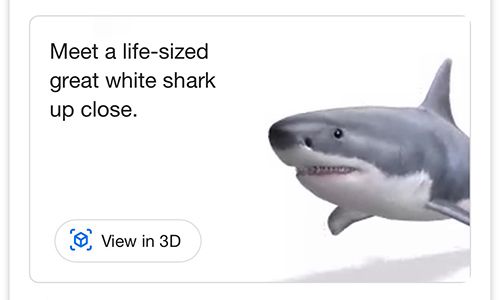
Simply tap ‘View in 3D’ and enjoy!
Alligator
Angler fish
Emperor penguin
Octopus
Penguin
Shark
Turtle
Super habitat!
Over two thirds of our planet is covered by seawater, most of this water is found in five oceans, which are all connected. They range in size, from the Arctic Ocean, which is the smallest, to the humongous Pacific Ocean, which covers over a third of the Earth’s surface!
New technology – including satellite pictures and sonar imagining (which uses sound to detect underwater objects) – has revealed the hidden secrets of our seas. In fact, we understand more about them now than ever before.
If all of our water was to disappear from our oceans, a dramatic landscape of mountains, deep valleys and canyons, and huge flat plains would be revealed!
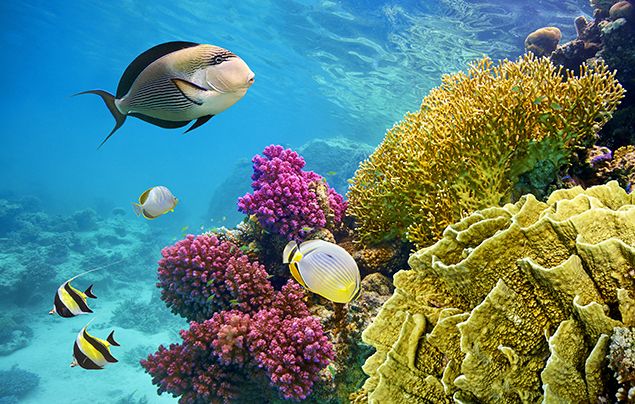
DID YOU KNOW?
Over 96% of seawater is pure water. However 3.5% of it is made up of chemicals called salts, such as sodium chloride, which is used to make sea salt!
Unfortunately, over 8 million metric tons of plastic enters the world’s oceans each year, which can affect marine life like dolphins, whales and fish. It gets there in a number of ways, including being blown into the sea from ships and beaches. You can help tackle this pollution by using less plastic and recycling it whenever you can – our marvellous marine life will be glad you did!
DID YOU KNOW?
The sea is home to Earth’s largest living structure – the Great Barrier Reef. It stretches 2,600km along Australia’s eastern coast and can even be seen from the Moon!
Wonderful wildlife!
From fascinating coral reefs and thriving kelp forests, to epic marine life beneath the waves and along shorelines… Earth’s oceans are teeming with some of the most diverse life on the planet! And scientists say we’ve still only explored around 20% of our oceans – so new species are being discovered every day!
Great white sharks
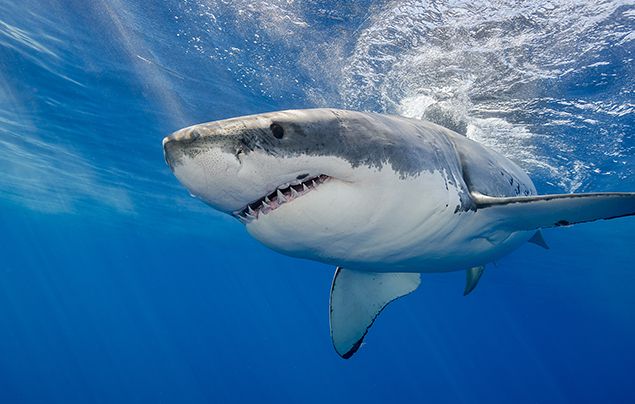
Known to be a deadly predator, the great white shark is found in the Pacific, Atlantic and Indian oceans. This super swimmer weighs up to 2,200kg and can grow up to 6m long – that’s as the length of three beds!
Sea otters
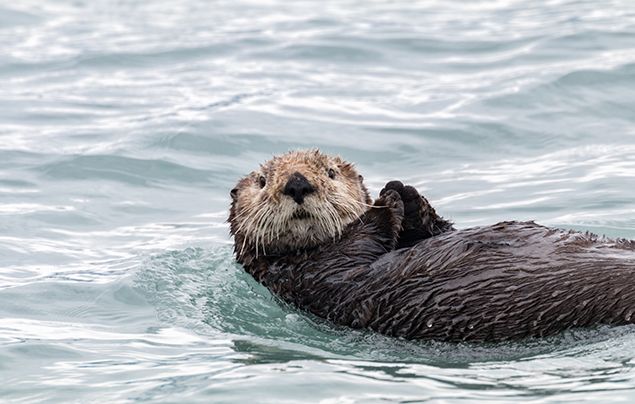
Sea otters can live their whole life without leaving the water! Unlike other marine mammals, they don’t have blubber (fat) to help keep them warm, but they have the densest fur of any animal on Earth, which help keep them feeling snug! These furry critters often hold paws while they snooze, to stop them from drifting apart. So cute!
DID YOU KNOW?
Coral reefs cover less than 1% of our oceans but are home to a quarter of all sea life – earning them the nickname, ‘rainforests of the sea’!
Leatherback turtles
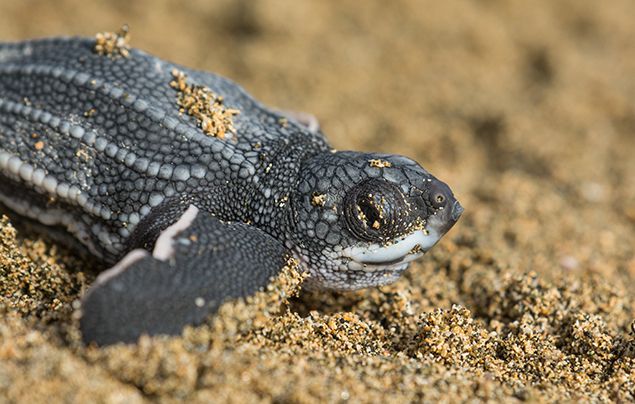
At over 2m long and weighing a whopping 907kg (the weight of two grand pianos!) the leatherback is the world’s largest sea turtle. These big reptiles are thought to have been around for 200 million years but sadly, they’re currently critically endangered. The good news is that conservationists are working hard to protect them!
DID YOU KNOW?
Bottlenose dolphins are speedy swimmers, reaching speeds of over 30kmph and diving as deep as 250m below the surface!
Humpback whales
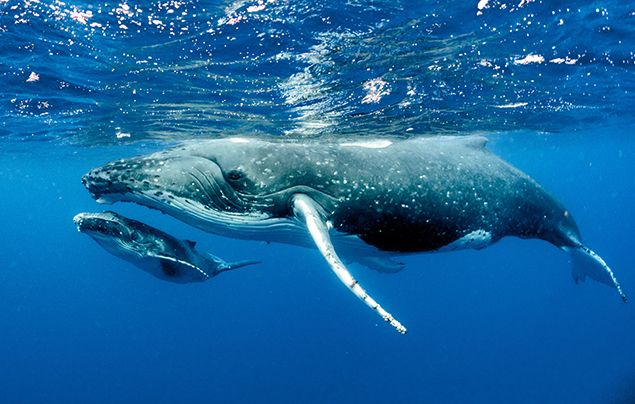
Found in every ocean in the world, humpback whales grow up to 19m long and weigh over 35,000kg! Humpbacks are baleen whales, which means they gulp water into their mouths and push it back out again through a special filter system, trapping prey (mostly small crustaceans and small fish). These beautiful creatures are known for singing haunting ‘songs‘ – which can last for 30 minutes!
Planet protectors!
Our oceans are may be threatened by rising temperatures and human activity, but thankfully, there are tons of incredible people working hard to protect them and the amazing marine animals that live in them…
Cool clothing
7-year-old Miles Fetherston‐Resch, from Florida, USA, started his Kids Saving Oceans brand in 2018 to help support ocean conservation work. He now sells t‐shirts, hats, and stickers – made from recycled or sustainable materials – and donates the money he makes to organisations working to protect our oceans. Go, Miles!
Water heroes
Sisters Amy and Ella Meek – from Nottingham, UK – started their Kids Against Plastic campaign in 2015, in a bid to protect our rivers and oceans from the negative effects of single-use plastic. Since they began, 16-year-old Amy and Ella, 14, have picked up over 72,000 pieces of litter, and are now working with kids and schools from around the UK to help tackle pollution. Amazing!
Science star
Fionn Ferriera’s ground-breaking approach to removing microplastics from the world’s oceans won first prize at 2019’s Google Science Fair! The 18-year-old from County Cork, Ireland, came up with a new way of using non‐toxic chemicals and magnets to separate plastic from water. Fionn hopes his idea will mean microplastics can be removed from water before it reaches our oceans. Good thinking!
How YOU can help!
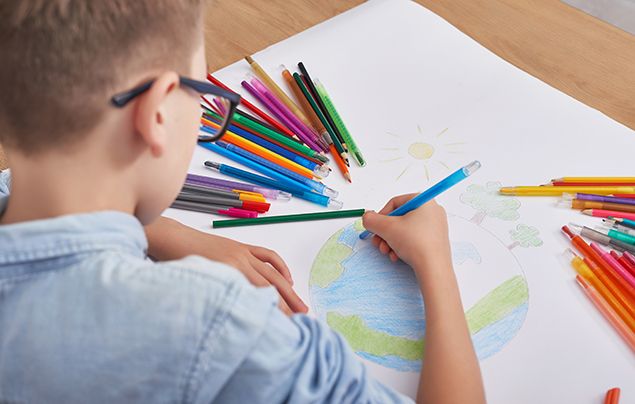
Did you love learning about the Earth’s amazing oceans? Do you feel inspired to help protect them? Here’s how you can lend a hand without even leaving the house…
Look for labels!
Seafood may be tasty, but fish populations are declining because of overfishing and loss of habitat. So ask whoever does the shopping at home to buy sustainable seafood whenever possible – just look for the label that proves it’s been ‘sustainably sourced’.
Recycle!
Sadly, plastic pollution affects our rivers and waterways, and the animals that live in and around them can accidentally eat plastic or get tangled up in it. So recycle whenever you can to make sure any plastic you use is disposed of properly. Remember to say ‘no’ to plastic straws, which easily break down into smaller plastic pieces in the ocean.
Say thank you!
Ask a parent or guardian to help you find organisations and companies that are working to protect our oceans. You could write a letter thanking them for their hard work. You’ll be sure to brighten up someone’s day!
Remember gang, if we all work together, these amazing habitats and the animals that live in them can get the protection they need.
Do you feel inspired to save the ocean? Let us know by leaving a comment, below!
More Like

Meet the Met Office!
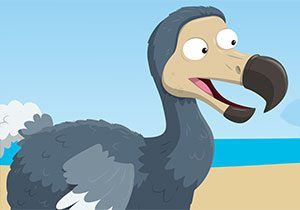
Extinct Animals…


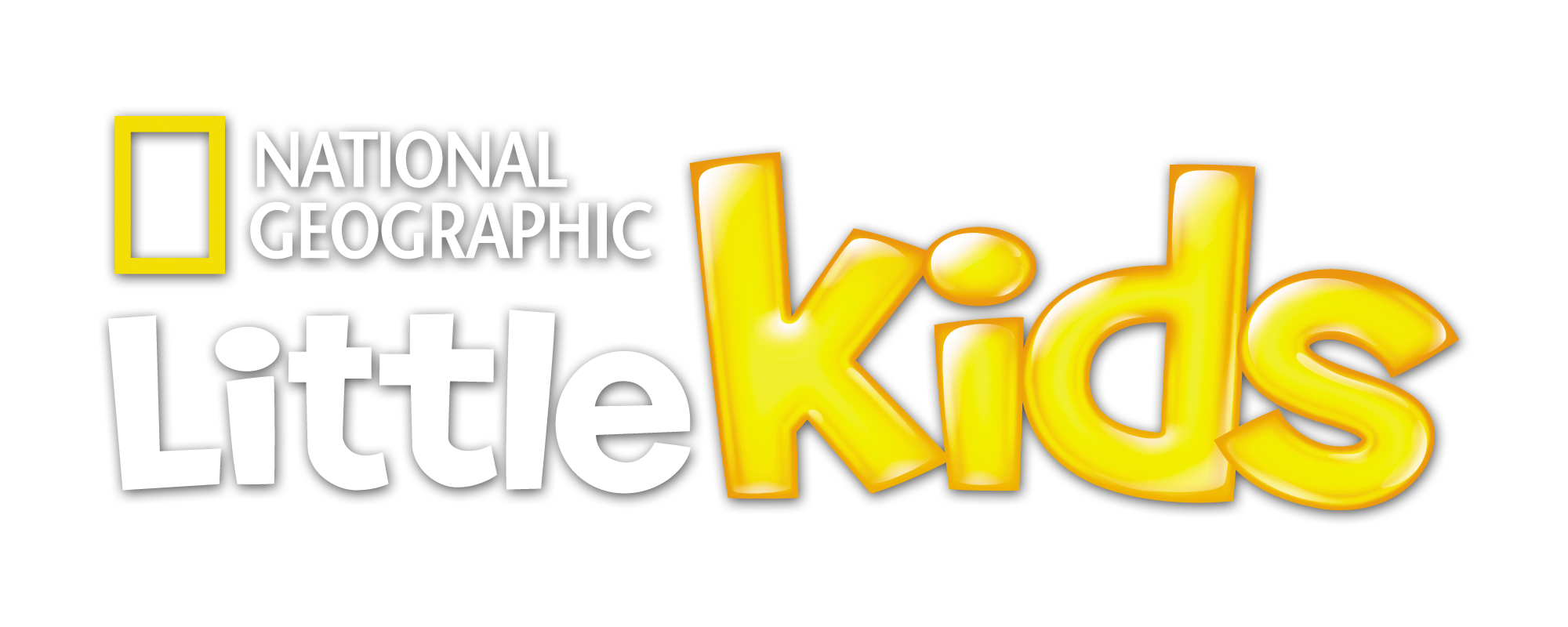








LEAVE A COMMENT
THANK YOU
Your comment will be checked and approved shortly.
WELL DONE,
YOUR COMMENT
HAS BEEN ADDED!
COMMENTS1
Seren and eva
Save the ocean please it hurts animals
Delphine
Let’s take action !
Candy
Cool
baby
cool
CUSTOMIZE YOUR AVATAR